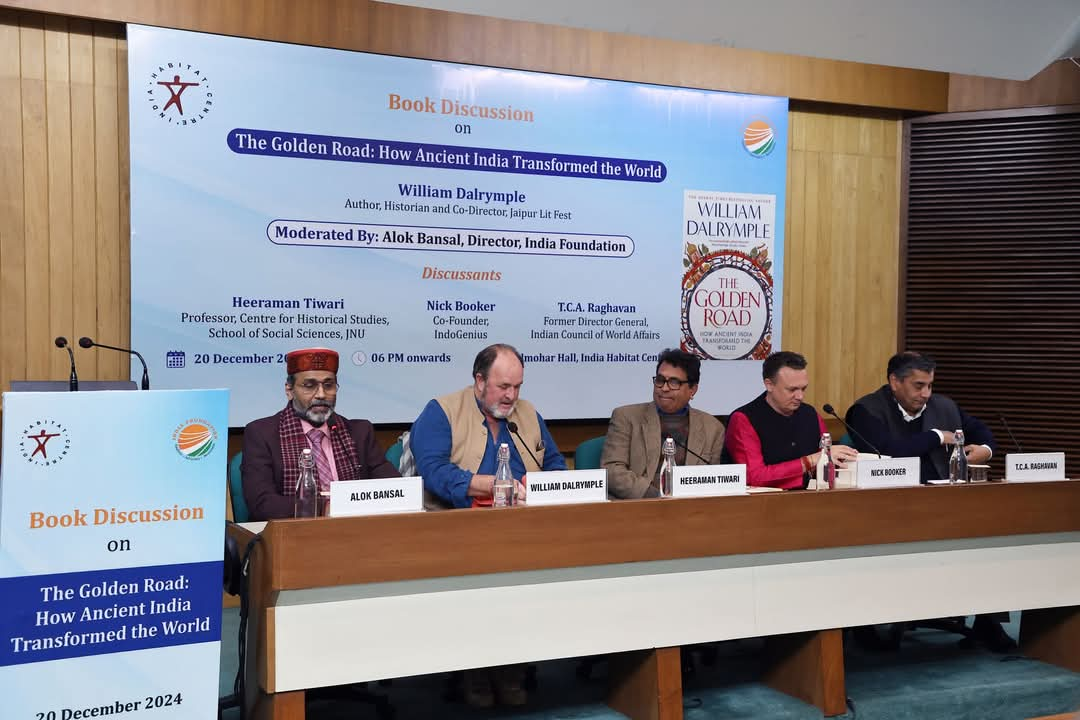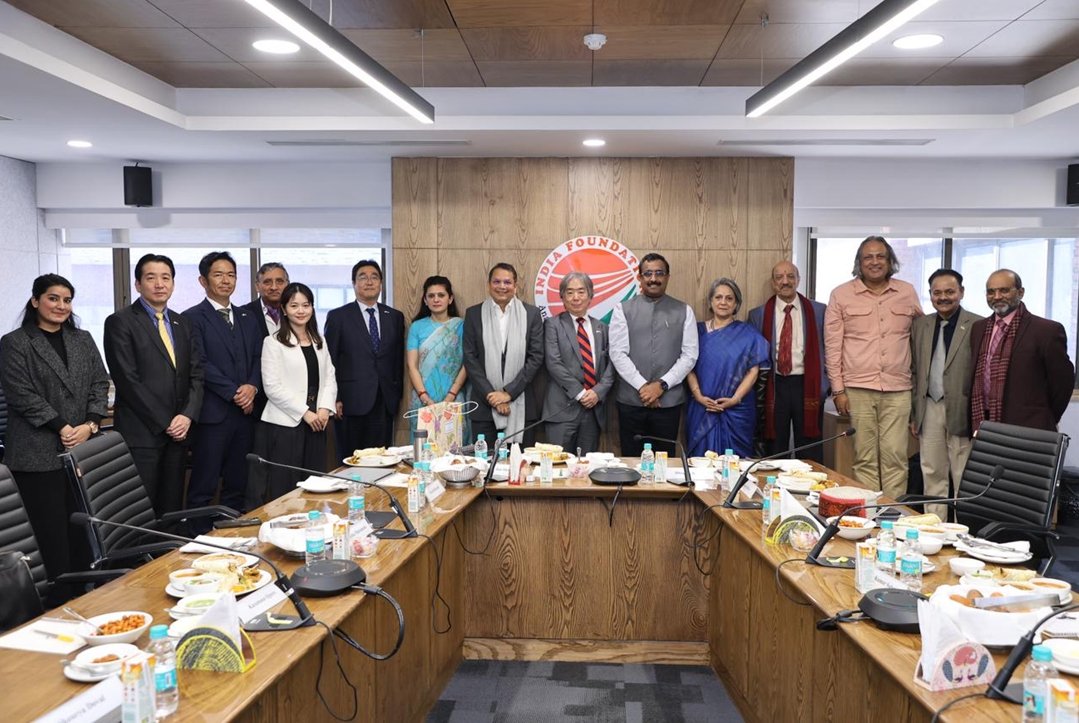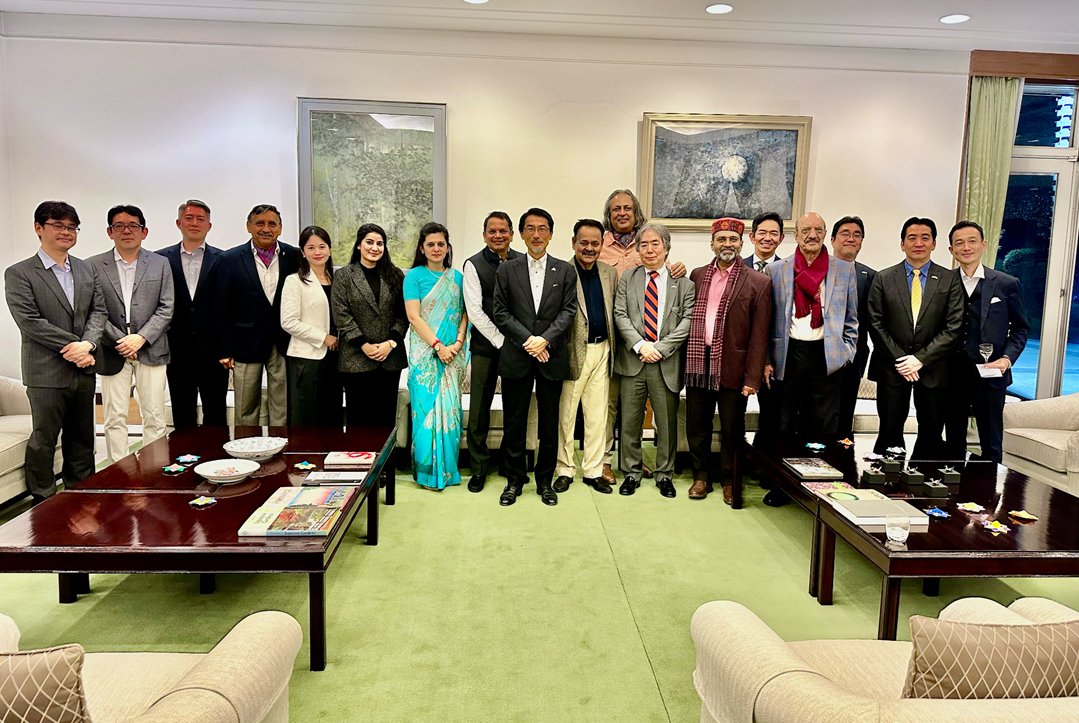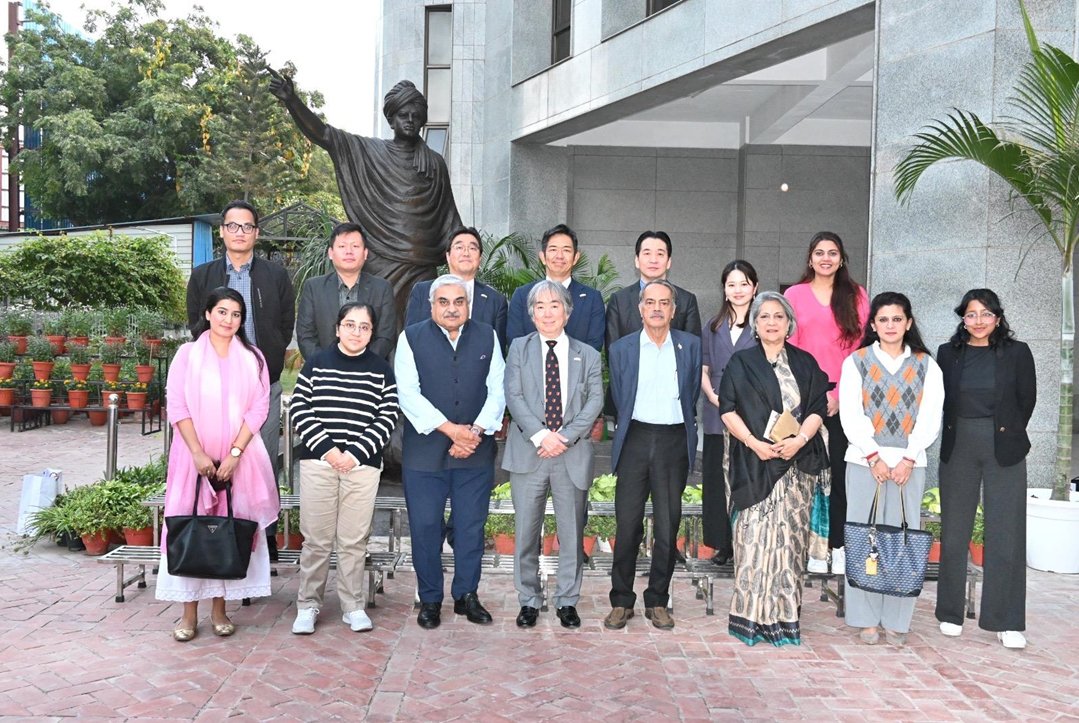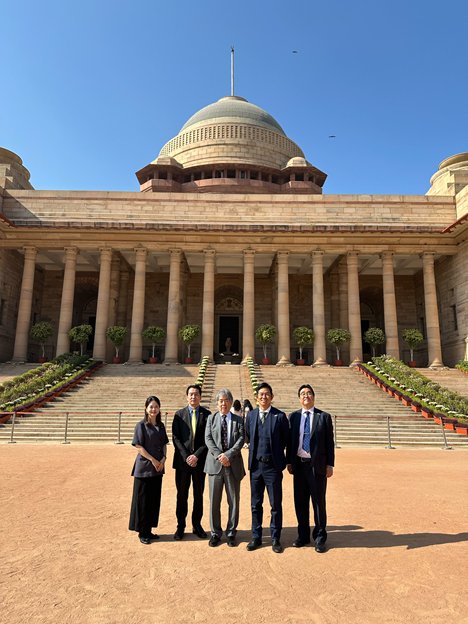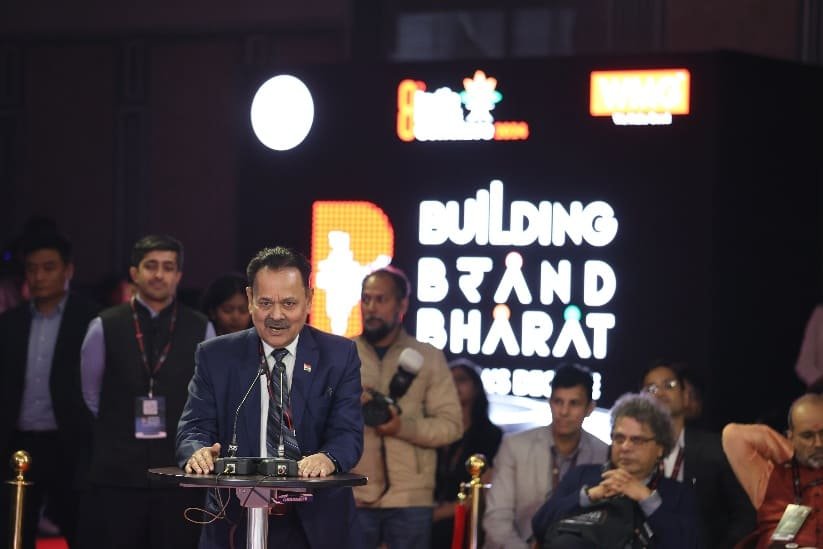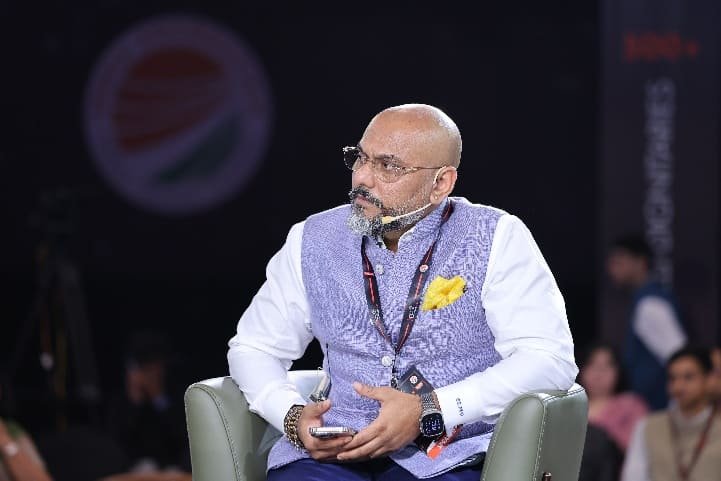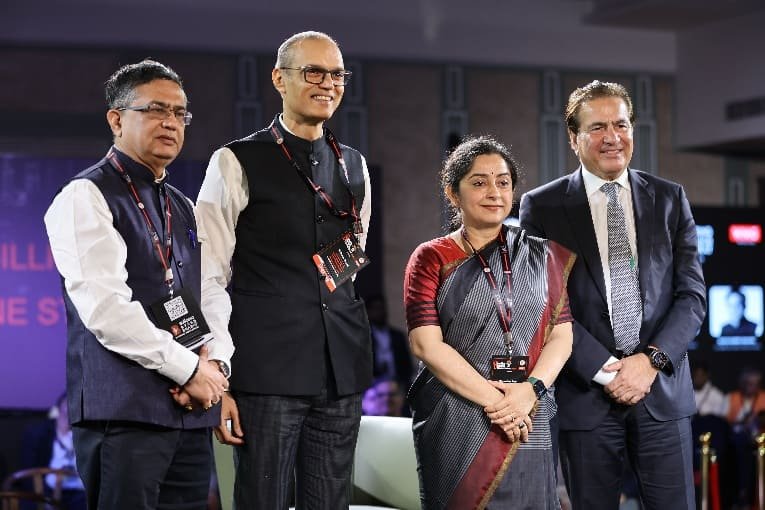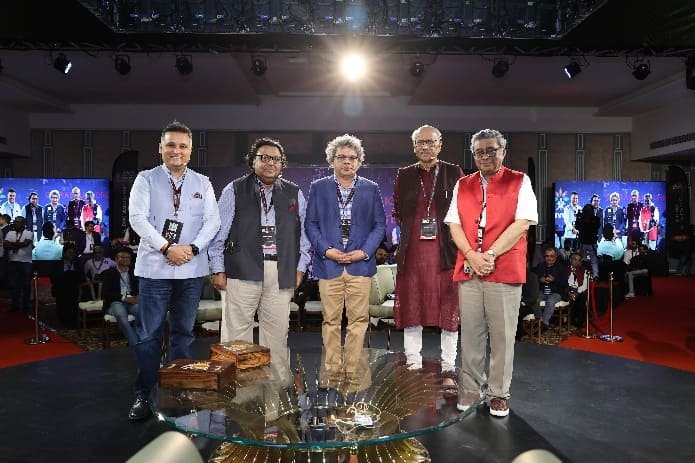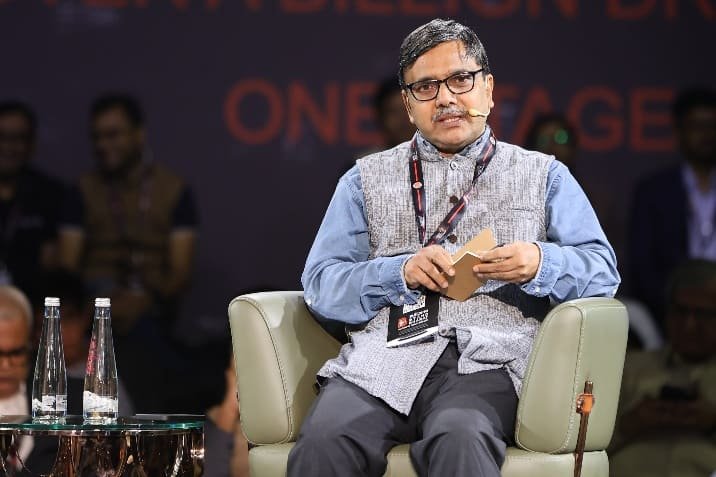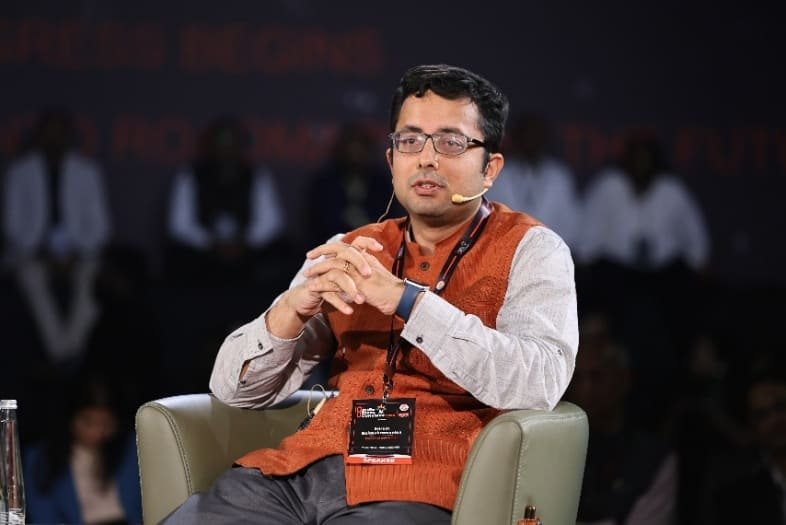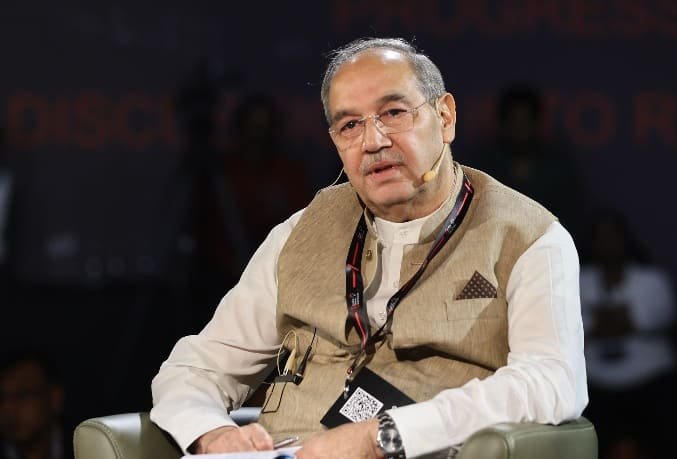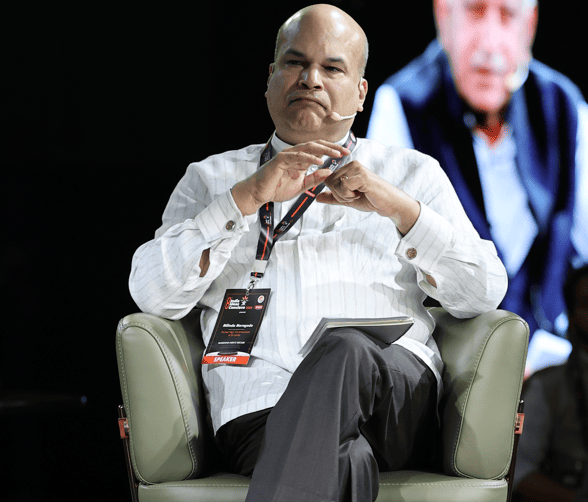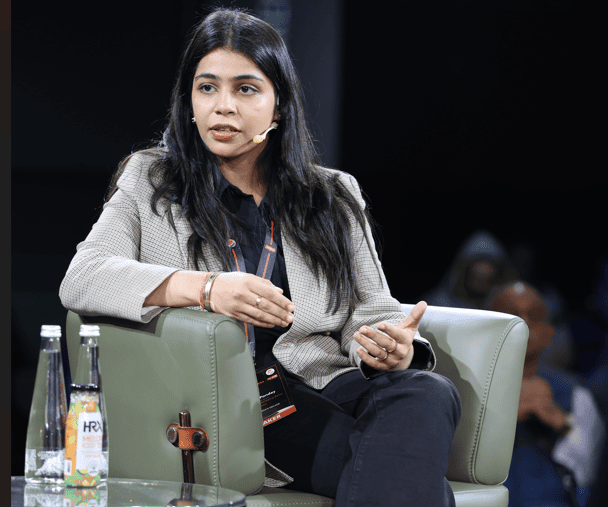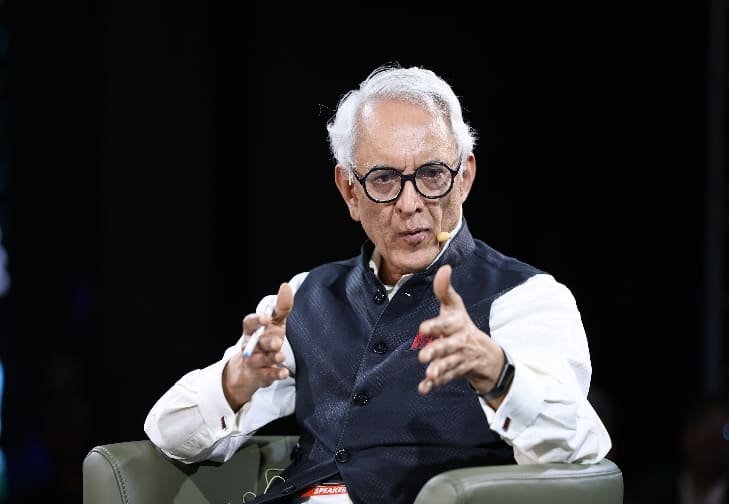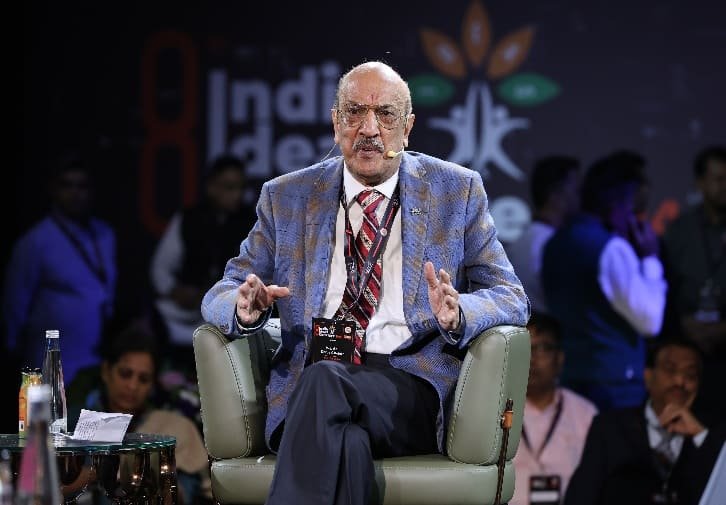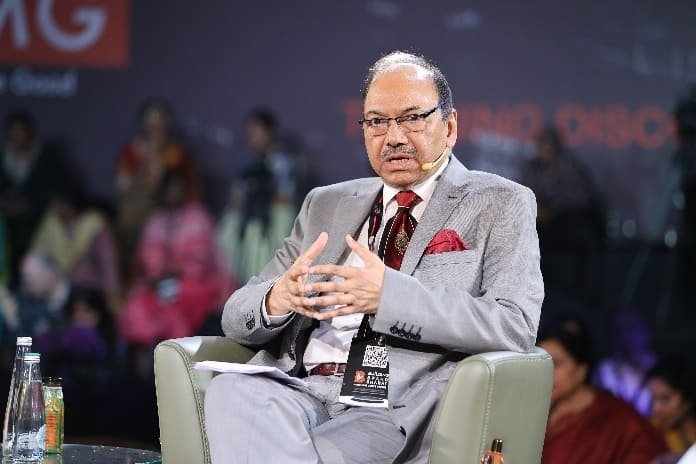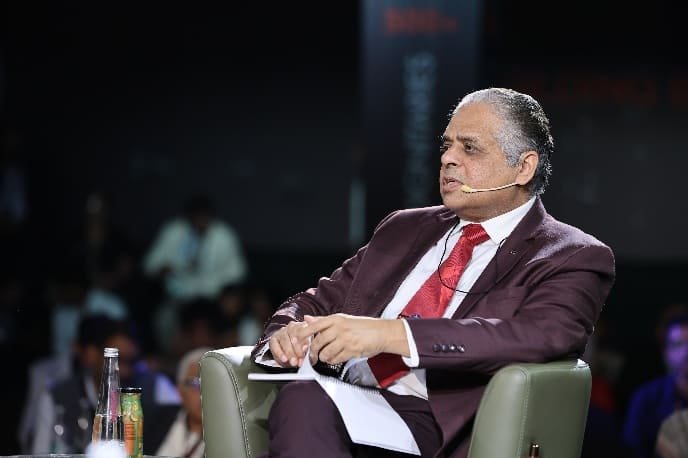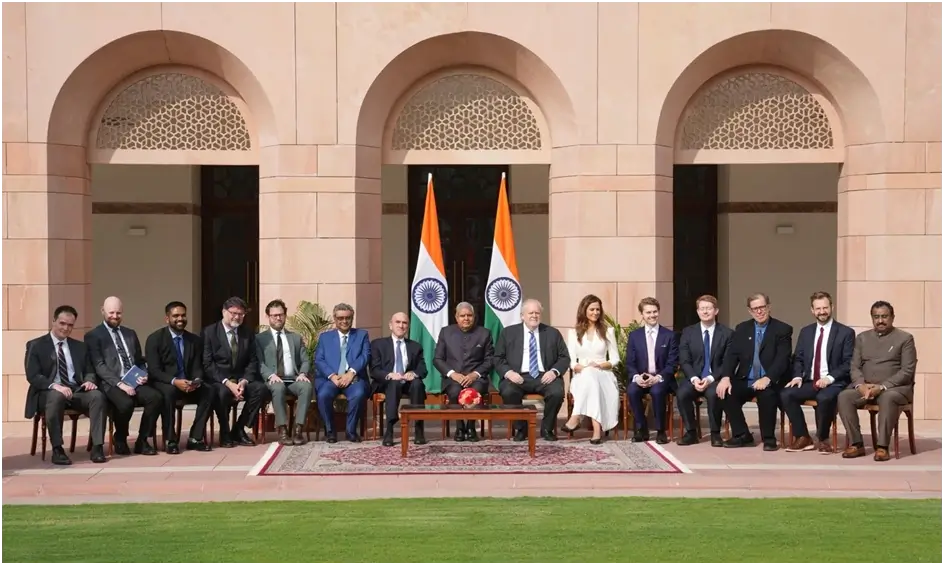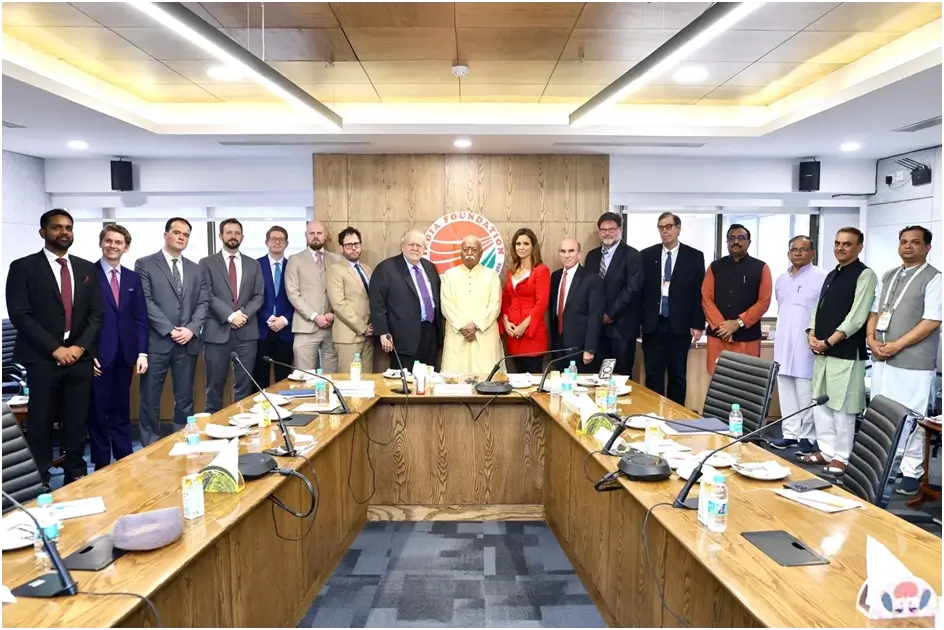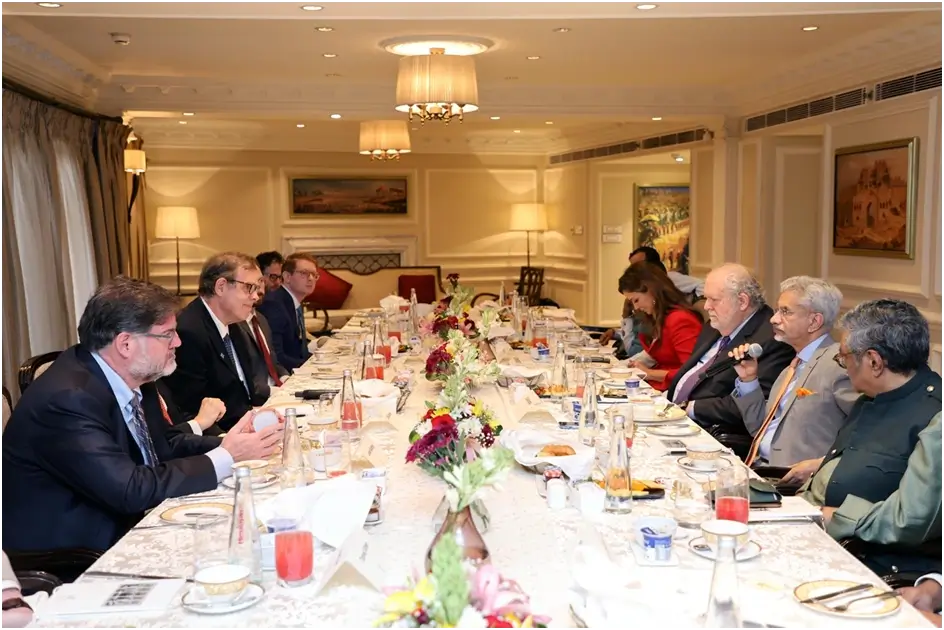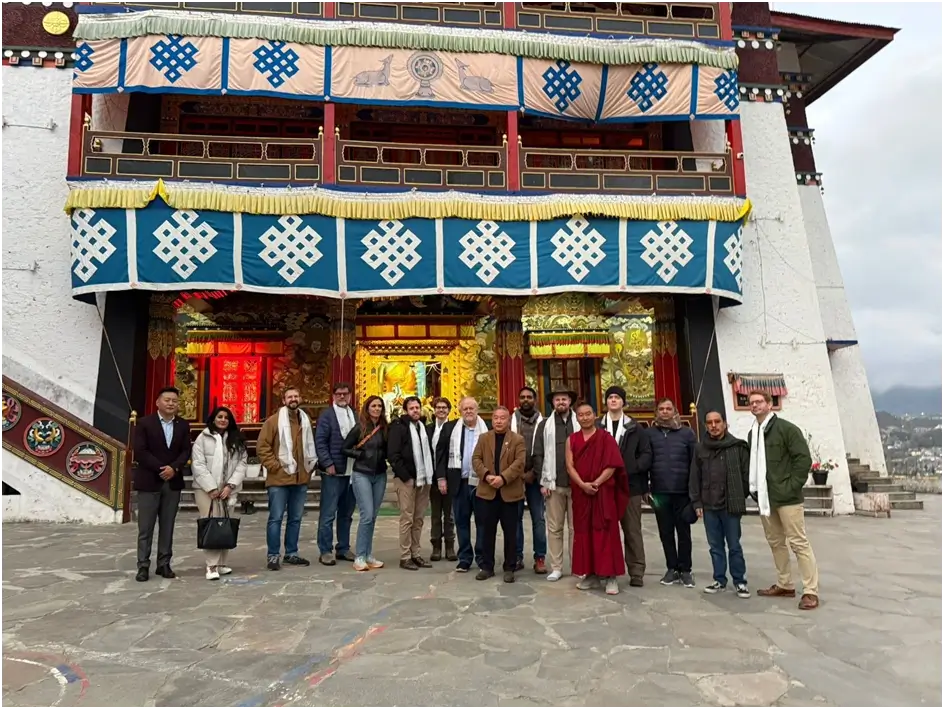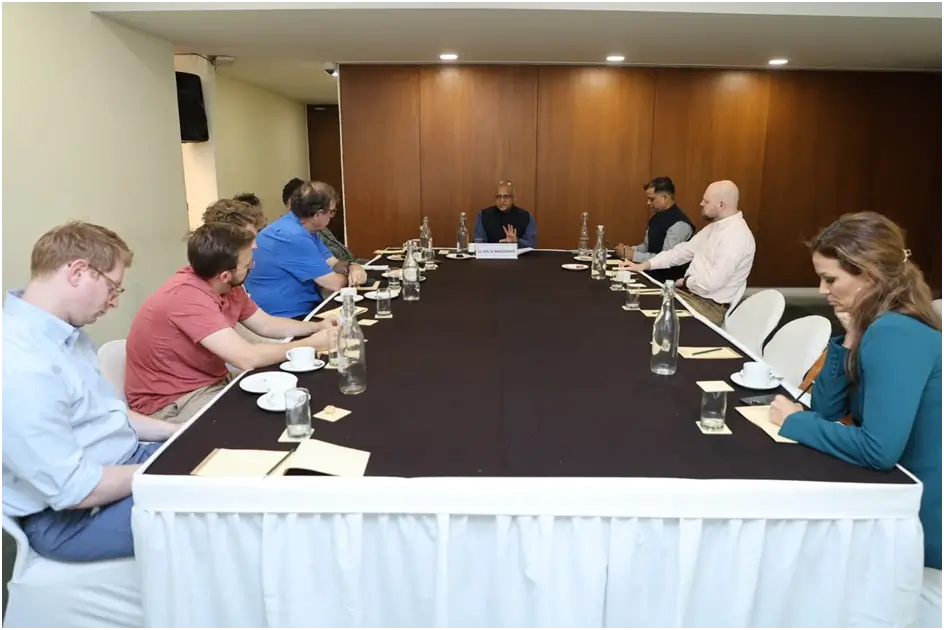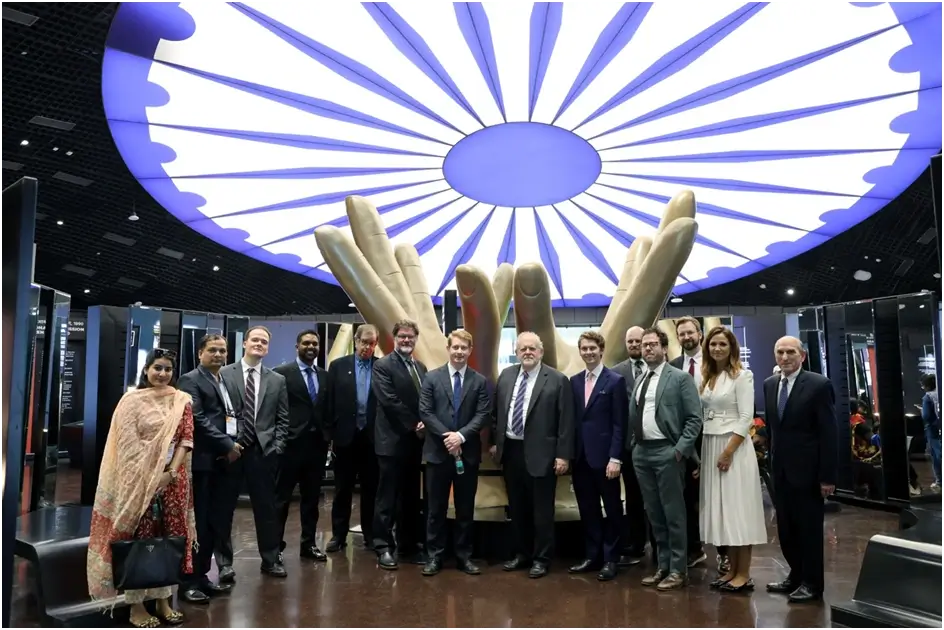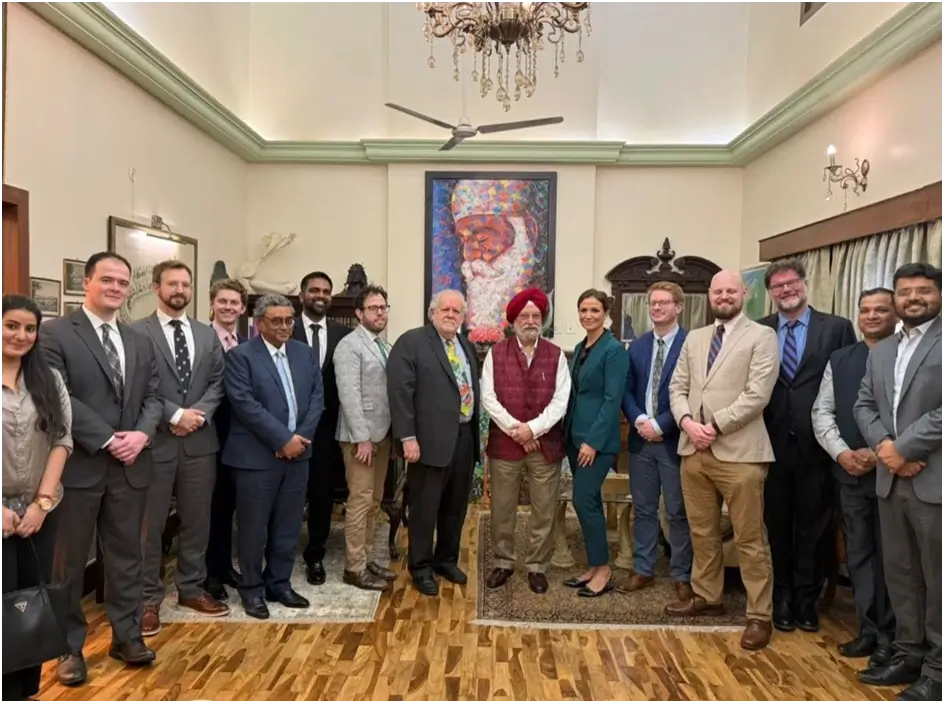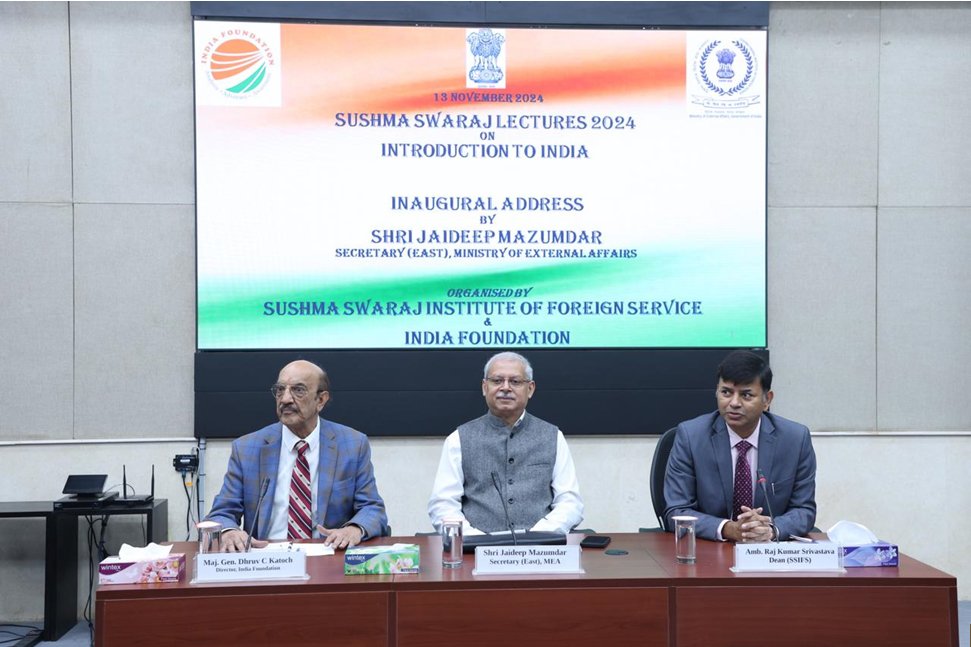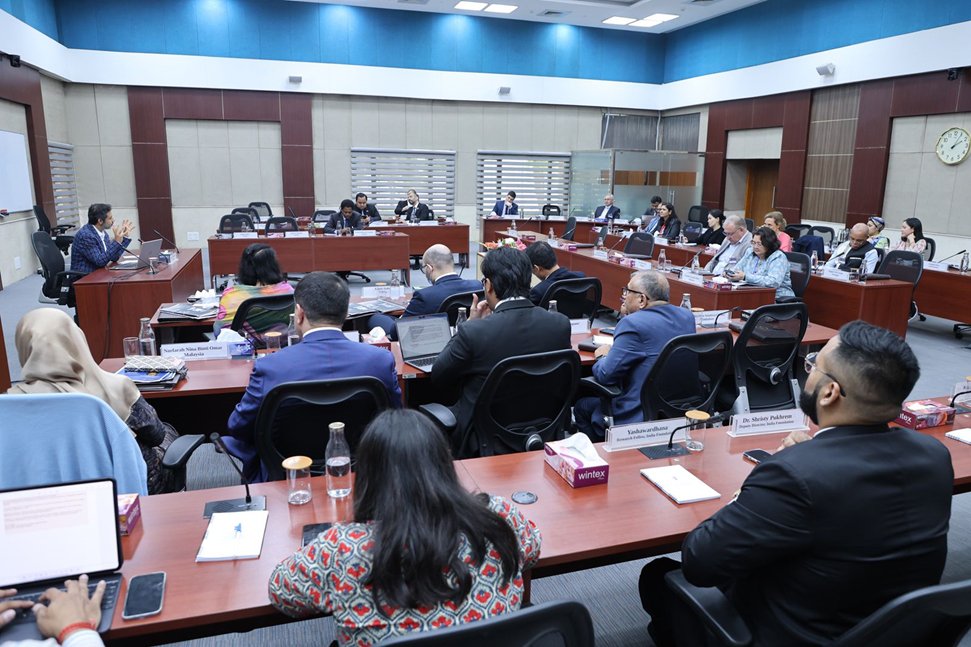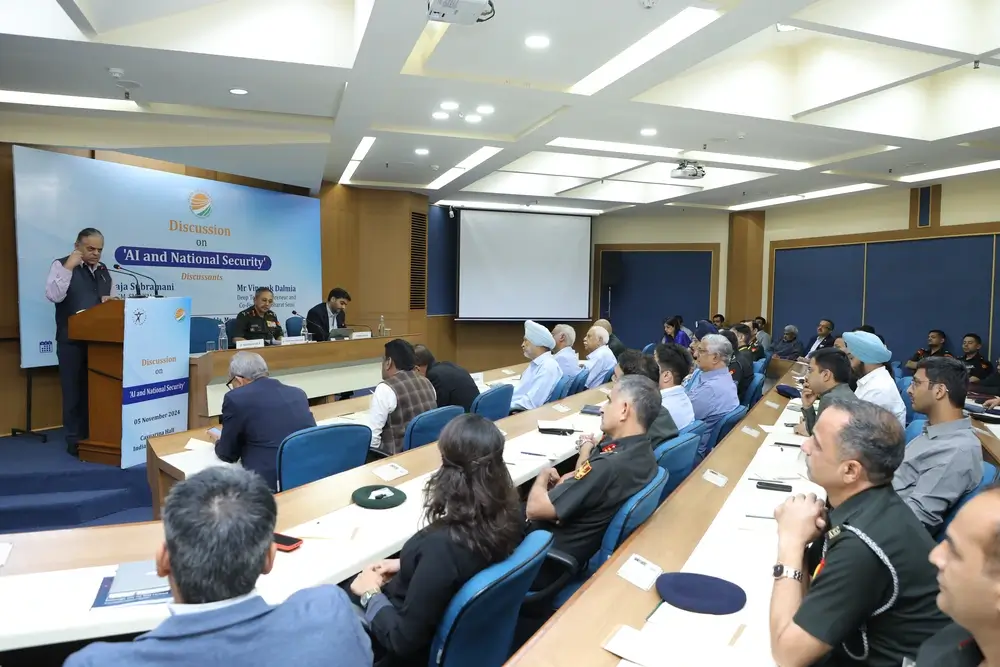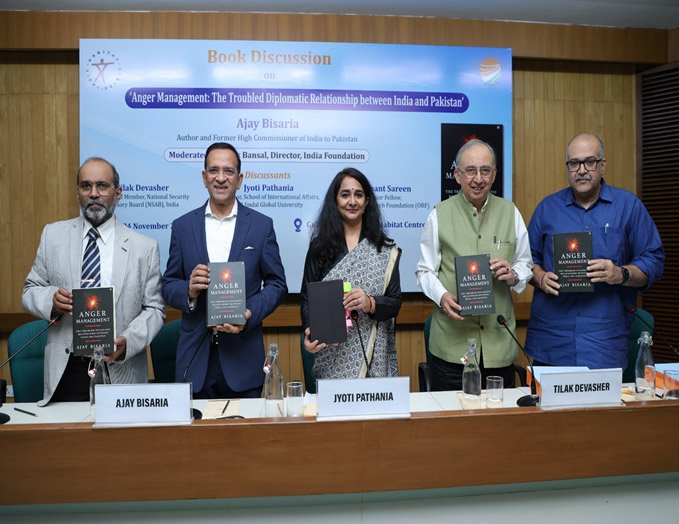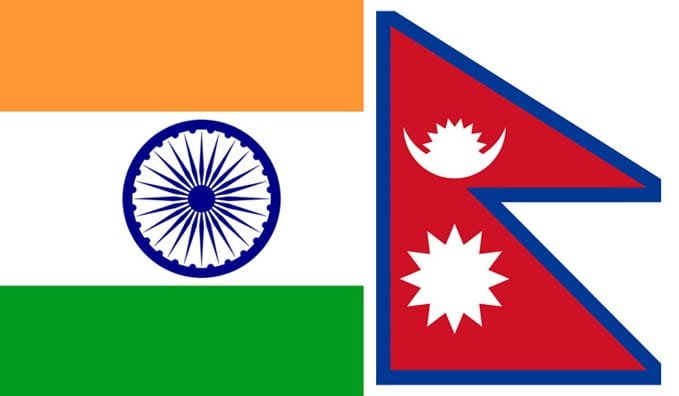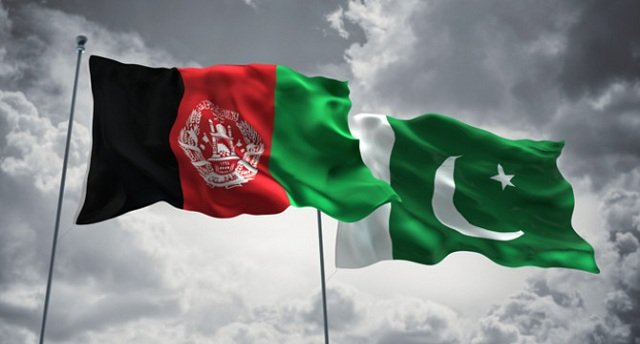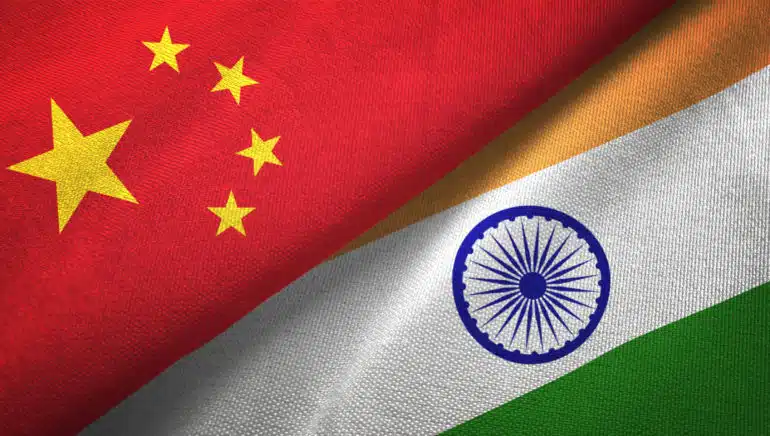A remarkable achievement of engineering and construction, the Great Wall of China, with a series of military fortifications, stands as a reminder of the concept of national defence that typified the mindset of the early Chinese. This man-made mega-project served as a psychological barrier between the self-perceived “civilisational-superior” Han Chinese and the so-called “barbarians” belonging to the northern tribes, say, the people of Turkic ethnicity, the Tartars and the Huns. The concept of exclusion was ingrained in the psyché of the Han Chinese for the last 2500-3000 years. Yet the Mongols later on breached the wall to conquer China.
Following an unwritten edict, the Communist Party of China (CPC or CCP) pursued the strategy of defeating all the non-Han ethnicities that had once ruled over parts of China even for a short duration in history. The Tibetans, the Mongols, the Manchus, the Tanguts, the Khiangs (Qiang, the genetic ancestors of the Tibetans), the Khitans and the lesser-known peripheral tribes of Yunnan are some examples. The infamous incident of burning classics and burying scholars alive was attributed to the first emperor of China, Qin Shihuang (259-210 BCE). Despite being considered one of the most ruthless tyrants as reflected in Chinese history and folklore, today, the CPC considers him a hero who annexed the small kingdoms and ushered in a political system of authoritarianism. China today takes pride in Qin Shihuang and his ruthlessness in burning books of non-Chinese origin and burying alive dissentient scholars, thus justifying the CPC’s strong-arm tactics in the name of implementing “unity”.
A Sinocentric Strategy of Exclusion
Integration, as per the Chinese concept, is the forcible assimilation of non-Chinese ethnicities by obliterating their cultures through Sinicization. Even before the founding of the “People’s Republic”, the CPC had made an elaborate plan to capture the water resources of entire Asia by occupying Tibet. In the process of forcible occupation of Tibet, the original Tibetan names of rivers and toponyms were systematically obliterated by the Chinese rulers. The three regions of undivided Tibet — Ü-Tsang, Amdo and Kham became history when China annexed and incorporated large parts of these regions into the adjacent provinces like Gansu, Sichuan, and Yunnan and renamed Amdo as Qinghai. Today, it is seldom known that the Yellow River (Hwang-ho) was Ma-Chu, the Yangtze River was Dri-Chu, the Mekong was Dza-Chu, the Salween was Gyalmo-Ngulchu, and so on.
Similarly, the picturesque town of Jiuzhaigou, which means “Valley of Nine Fortified Villages”, was a Tibetan town named Siza-Degu, meaning “The Nine Villages with Precious Roots”. The Giant Panda, which became China’s mascot in the global arena, is an animal belonging to Tibet, solely surviving in the Tibetan habitats. Hence, no artwork or painting depicting pandas emerged from any Chinese painters until Tibet remained an independent entity. Pandas could be protected from the omnivorous Chinese solely due to adherence to the non-violence of the Buddhist doctrine by the Tibetans.[1] Panda, known in Tibet as Dhom-tra (lit. spotted or coloured bear), a docile creature exclusive to Tibet, was misappropriated by China and made into a Chinese mascot after bestowing it with a belligerent demeanour.
As discussed in my previous article[2], the CPC aggressively seeks to negate history and deliberately pursues to extend its “Imperial Legacy” over its adjoining countries and regions that have been flagrantly fabricated and are untenable through historical facts. Resorting to big-power bullying tactics, China continues depriving the Southeast Asian nations around the Indo-Pacific (South China Sea) region of getting economic benefits. The legitimate rights that the smaller countries of the region have over their territorial waters are being denied by China in the name of its exclusive rights over the “Ancestral Ocean”. While calling the entire South China Sea or the Indo-Pacific region as China’s exclusive territory or sphere of influence, China blatantly declares that the Indian Ocean is not India’s ocean.
China’s tactics of intimidation through maritime expansionism had long taken root in denying trading rights to other countries in the western Pacific region while usurping maritime and trading rights in the Indian Ocean region. Maintaining exclusive control over maritime resources by forcibly denying rights to trade and livelihood to the neighbouring countries in East Asia, South Asia, and Southeast Asia has increasingly revealed the overtly despotic nature of China. Renaming places, sea shoals and oceanic beds with Chinese names far beyond the territorial limits of China — is another reflection of the tyrannical propensities of the Sino-Supremacists. Cases in Arunachal and the oceanic sea beds around India indicate such propensities.
Hayreddin Pasha, the famous admiral of the Ottoman Navy during the mid-16th century, had said, “Who controls the sea rules the world.” Later, a US naval historian, Alfred T. Mahan (1840-1914), cited the same view. Such quotations appeal to China, which finds justification in advocating the “sea-power theory” but with a typically superstitious Sinocentric rhetoric — “The dragon is a totem of the Chinese nation…the Chinese proudly consider themselves the descendants of the dragon. A dragon dives into the sea. Only when the descendants of the dragon are closely bound to the sea can they have a more prosperous future.”[3] Such redundant rationalisation is a ploy to seize the worldwide maritime resources under the tag of “national rejuvenation.”
The so-called “Maritime Silk Road of the 21st century”, a brainchild of Xi Jinping since October 2013, has been termed as a concrete embodiment of the “soft power” expansion and “smart power” engagement of China in diplomatic relations. The concerned chapter discusses “The Sea Dream Shines upon the Chinese Dream”. Thus, China aspires for the rise and renaissance as a maritime power. It propounds that China’s sustainable economic development and national defence strategy are closely tied to the sea. It further expounds that China’s sea power development lies in its claims of sovereignty and the need for defence…to maintain its marine rights and interests. The expansion of the Chinese navy has also been dealt with but without factually stating its actual role—challenging US maritime supremacy and usurping other countries’ marine rights and interests. China proclaims that the South China Sea is the “Mother Sea” of the Chinese people. And that “if the sea dream is the epitome of the Chinese dream, the maturity of the national maritime consciousness is the prerequisite for achieving the sea dream.”[4]
At the end of 2012, Xi Jinping launched his pet phrase 中国梦 (The Chinese Dream) based on the concept of the “American Dream”. The “Chinese Dream” has a profound connotation that follows the Olympic dream, the Space dream, the Aircraft Carrier dream, and the Nobel dream. Realising the space and aircraft carrier dreams manifests that China is gradually fulfilling its dream of catching up with the world’s advanced levels in the hi-tech arena. Nevertheless, China suffers from the ill consequences of a lack of faith and morality. Moral and ethical dislocation have been observed in China today. However, the preamble of the chapter questions — whether it is patriotism or nationalism.[5] The era of Xi Jinping witnessed a “neo-normal” sought to be imposed by China the world over to establish a counter-narrative to “redress humiliation of the past”, which is essentially a dress rehearsal seeking global hegemony.
In the history of Chinese diplomacy, it is a proven fact that China, with a long legacy of alluding to history, pursues the policy of 远交近攻 (yuanjiao jingong) — which means “to befriend distant states while attacking those nearby”, especially the ones China perceives as a threat in achieving the status of a big-power hegemon. This ancient diplomatic strategy has been adopted by successive monarchs and was inherited down the historical path, beginning from the Qin dynasty (221-206 BCE) that annexed all other kingdoms by deceit and intimidation. The current rulers, the CPC, follow a stratagem that actively seeks to jeopardise the dynamics of growth in India and to weaken the Indian machinery of governance through subversion internally and by imposing over-dependence on China for all essential components needed for high-quality production of goods.
At the same time, China makes the covert supply of arms to all secessionist groups in and around India, intending to create constant disruption in the path of India’s rise in the global arena. While befriending countries in the other hemisphere, China extracted all it could from India but paid back with ingratitude at every step India sought towards better resolution in the course of development. China visualises India as a multiethnic hotchpotch with a Western-styled democratic tag that has not been able to enhance India’s position as a real competitor of China, given India’s potential in terms of human resources as the world’s most populous country. However, at another level, China views India as an entity with the potential to be a civilisational challenger both at the regional and global levels. China’s stratagem of exclusion includes India as the origin of Buddhism, India’s Spice Route was much older than China’s Silk Route, and India figured prominently in that Silk Route. China’s civilisational narrative seeks to nullify India’s role or denigrate India’s image as a civilisation that had a paramount impact on China.
China’s narrative of civilisational superiority is based on its economic and military muscle acquired through enforcing a widespread global dependence on its manufactured products and vital appliances. The same narrative underscores how China has been able to catch up with the advanced nations and even surpass them in certain aspects, beginning from its impoverished status within forty years. The rhetoric in the anthropocentric narrative of China also entails its concept of race and its perceptions of racial supremacy based on its pride over being a Yellow Race that endured humiliation at the hands of White Westerners for centuries. China’s newly-established prestige by virtue of its economic wealth and its indispensability as a global manufacturer has bolstered its theory of repositioning China as the alternative to the USA, which is conceived as a global hegemon whose power is fast depleting. Thus, China’s rise underscores the discourse around Sino-Supremacy versus White-supremacy or Anglo-American supremacy.
India does not figure at all in China’s global equations. China visualises “inevitable competitions between emerging powers and established powers… the US enjoys its established advantages in “soft power”, while China retains initiative in “hard power”… The new model of Sino-US major-country relationship reflects a new type of games aiming at building a new international order.”[6] Inversely, China acknowledged that — “ancient China’s worldview and political ethics were centred on China and lacked the concept of international political equality.”[7] While proclaiming the “Chinese Dream” as one of rejuvenation, peaceful development, cooperation, and win-win results, China harbours a dream of aggression and expansion, especially with India.
At the socio-political level, China’s over-sensitivity to claiming civilisational superiority or its claims over Tibet, East Turkestan, Southern Mongolia, Manchuria and other occupied regions is rooted in its lack of legitimising factors or rather non-justifiability of its domination over all those non-Chinese regions. Over-emphasis on China’s civilisational superiority is also deeply embedded in the CPC’s considerable shortage of confidence in its political system that actively seeks to suppress individuality in terms of human expression and freedom of thought. Thus, despotic propensities arise, wherein a despot governs by one’s will or caprice. This form of despotism was common in the first stages of statehood and civilisation. Qin Shihuang, accredited as the “unifier” of China, was a terrible despot. The saga of despotism in China is indeed ancient and still prevalent today.
Induced Indispensability and Protectionism of China
The geo-strategic posturing and tactical repositioning by countries in the post-Covid era marked a paradigm shift in international relations. However, much earlier than this critical juncture, the world reconciled to China being the only country that follows protectionism, especially regarding trade practices and transnational communication networks. China’s undisclosed agenda has been to “take every possible advantage, every possible secret from others, but give nothing meaningful in return.” The global perception of China has been that it is a conservative country, always anxious about sustaining its one-party rule with an iron fist. A sense of uncanny discomfiture of the CPC emanates from mass membership of civic or cultural bodies, which tend to exceed that of the CPC. In such situations, the CPC cracks its whip and comes down heavily to suppress people who might be members of organisations other than the CPC. One such example is the Falungong. Such a phenomenon accentuates the inherent disbelief regarding the CPC’s legitimacy in terms of popular perception of governance. An intense mistrust kept overwhelming the collective psyche of the Chinese, especially under the communist regime.
Consequently, the US companies that had provided China with advanced technological know-how during its open-door reform period were denied access to their products in China, especially in vital areas of social media, artificial intelligence, and software products. The Chinese paranoia led them to innovate many alternatives that could satisfy domestic consumers and, at the same time, prevent them from being “polluted” by Western values. China grew into a gigantic electronic manufacturing hub and erected a Chinese Firewall to prevent all outside apps from being used inside China. The Chinese developed alternatives to popular apps and websites. Some of the main alternatives from a long list of apps are as follows:
- Google — Baidu. [Baidu Images, and Baidu Videos].
- Google Map — Baidu Map or GaoDe Map [map and navigation app].
- WhatsApp — WeChat [instant messaging platform].
- Facebook — QQ [micro-blogging platform owned by Tencent].
- Facebook Marketplace — XianYu [trading or secondhand marketing platform].
- Twitter — Weibo or Sina Weibo [micro-blogging platform].
- Instagram — Xiaohongshu [lit. The Little Red Book; image-based blogging platform].
- Tinder — Tantan [dating app].
- Amazon — AliExpress; Taobao; Pinduoduo [shopping app].
- Uber — DiDi [taxi-service app].
- Uber Eats; Uber Food — MeiTuan WaiMai; Ele.me [food-delivery apps like Zomato].
- Paypal — Alipay [payment app; similar to the later Indian avatar Paytm].
- Google Chrome Browser — UC Browser.
- YouTube — Bilibili; Youku; Tudou (Tudouwang).
- TikTok — Douyin; Kuaishou [short video app].
- Google Meet; Zoom — VooV.
- Abode Scanner — Cam Scanner.
- Quora — Zhihu [question-and-answer social media site].
- Yelp — DaZhong DianPing [restaurant, food delivery, business recommendation app].
- Instacart Grab Supermarket — HeMa [retail platform for fresh meals].
While enforcing protectionism internally, China has conveniently taken excessive advantage of liberal societies and professed itself as a potential possessor of nothing less. This advocacy came at a cost with theft, violating intellectual property rights, plagiarism, and, lately, cybercrime. The Western duplicity in violating rights and exploiting resources over the centuries has found a new inheritor: China in the current era. Misappropriation of cultural legacies and ultimate assimilation into its Sinosphere has increasingly endangered all other ethnicities in terms of socio-cultural uniqueness. Genghis Khan (1162-1227) of Mongolia; Giant Panda, and the original names of rivers in Tibet; the Turfan grapes of East Turkistan (now Xinjiang); all Buddhist relics along the Silk Route that were essentially within the Tibetosphere or the erstwhile Indosphere; the Potala Palace in Lhasa — have all been systematically Sinicized. Even the cultural heritage sites belonging to non-Chinese ethnicities have been replicated into miniature structures in entertainment parks in China. The objective has been dual. Firstly, it attracts global attention and wins appreciation with a Chinese tag; secondly, it capitalises through commercial exploitation.
The Chinese penchant for giant constructions and massively large-scale projects is historical. For example, the Great Wall, the Grand Canal (between Beijing and Hangzhou), and the Three Gorges Dam. However, the contemporary efforts of China have been primarily aimed at surpassing the height of the 830-meter-high Burj Khalifa, the skyscraper in Dubai. The Jinmao Tower in Shanghai and financial centres in almost all cities in China — whether in Shanghai, Beijing, Tianjin, Shenzhen or any SEZ- are examples of such wild ambitions. The Chinese have not desisted from making replicas of the Seven Wonders of the World inside large amusement parks. Not only possessing what others have but surpassing others in what others do not — has an ancient mooring in the neo-Confucianist thoughts of Mencius (372-289 BCE). His philosophy focuses on a dictum — “poverty should not bother oneself, but inequality should.” This aphorism has effectively driven the Chinese throughout centuries. It has even propelled them to outstrip others in the contemporary era of cut-throat competition.
In its effort to exert pressure through monetary and military clout, the Chinese state has incorporated its notoriously Perfidious Land-grab Army (PLA) under the CPC, which consists of five service branches: (1) Ground Force, (2) Navy, (3) Air Force, (4) Rocket Force (Nuclear Missile forces), and (5) Strategic Support Force (SSF). The SSF wages war in the space, cyber, political and electronic realms. Psychological warfare, subverting public opinion or media warfare, and legal warfare— constitute the principle of the “three warfares”[8] concept of the SSF. The “three warfares”, stated to be inspired by the Zhou dynasty strategist Sun Tzû’s book The Art of War, is placed at the core of China’s military reforms. Sun Tzû’s notion of winning without fighting aims at undermining international institutions, altering borders, and subverting global media. Information warfare theory is fundamental to the PLA’s science of military strategy. Institutions like the PLA Academy of Military Sciences operated by the Central Military Commission (Beijing); the PLA National Defence University (Beijing); National University of Defence Technology (Changsha); the PLA Information Engineering University (Zhengzhou); and Army Engineering University of the PLA (Nanjing) are a few out of many such institutions that specialise in modernising the warfare techniques, and above all, conduct research through specialists and also by applying high degree of deception and camouflaging.
The recommencement of Open Hostility
The downward slide in India-China relations has taken a dangerous dimension in terms of regional security, given the all-out aggressive posturing by China along the land borders and on the high seas. When the Chinese embassy in Delhi arranged for a chartered flight to ferry Chinese citizens out of India on 8 June 2020, exactly a week before the bloody incident at Galwan, the move itself entailed an ominous message that something dreadful was going to happen shortly. My hunch turned true, as mentioned in my previous article.[9] The Galwan Valley incident that marked the sharp downturn in India-China relations also exposed the duplicity of the CPC when it resorted to misinformation through deception regarding the actual figures of casualty.
However, facts emerged in the official Weibo account of the CPC’s Political and Legal Committee of the Central Committee, the “China Chang’an Net”. A long list of 38 killed on the Chinese side was added to the officially released list of four. Apart from the officially acknowledged death toll of four, the 38 hidden fatalities on the side of the Chinese PLA came out into the open as a result of intense resentment against the Chinese political system due to official acts of concealment. The online post, dated 03 December 2022, laid bare that “out of the 42 fatalities, most of the PLA soldiers were killed on the spot in a hand-to-hand combat with the Indian soldiers and some injured PLA soldiers died due to sub-zero temperature and some while fleeing in the Galwan River.” One Chinese colonel posted a photo of the actual cemetery of the Chinese PLA soldiers who died in the Galwan clash. He was quoted saying in February 2021 that the Sino-Indian conflict caused 42 deaths. As this figure was more than double the Indian casualty, the Chinese government was in overdrive to cover up the facts to avert a clear-cut “loss of face” vis-à-vis India.
Nevertheless, an online article authored by Li Tianyun highlighted that the attitudes of the Chinese and Indian governments were vastly different when soldiers on both sides were killed in action. He said, “Indian soldiers die with dignity. Their photos and names are the headlines of all newspapers. They are praised and commemorated by the Indian people. They enjoy great honour and are called heroes admired by the people of the whole country.” The article also underscored that a grand state funeral was held for the fallen Indian soldiers on 18 June 2020, where countless people mourned.
On the contrary, the names of the dead Chinese soldiers were kept concealed, and their urns were sent by the military to their families and buried silently. The author lamented, “This is not like dying for the country, but rather like doing something shameful.” As if the soldier “died in a scandal that chilled his relatives!”[10]
The Chinese bloggers asked—“India can hold state funerals for soldiers who were killed. Why can’t the CCP even publish the list of its soldiers killed and injured?” The resentful post also cited the Indian media report, quoting some of India’s top, authentic sources. It brought out a greater revelation that all the commanders and deputy commanders of the Chinese troops near the 14th patrol station of the CCP, who directly participated in the conflict between the two sides, were killed.[11] This exposé makes it clear that the barehanded Indian soldiers were far more capable of overpowering the Chinese soldiers who came with crude and antiquated weapons to kill the unsuspecting Indians. Far from announcing the number of Chinese casualties, the Chinese officials, on the contrary, asked the family members of the deceased to keep the news strictly confidential and bury the dead quietly. When the 4th-level sergeant chief of the PLA’s Sirius Special Forces affiliated with the Western Theatre was killed in November 2020, but his body was cremated a year later, it was suspected that sporadic armed conflicts have been taking place at the border between India and China even after the June 2020 incident at Galwan.[12] A list of 38 hidden casualties and their respective provincial affiliations was disclosed.[13] The Chinese deceit was exposed by the Russian News Agency TASS on 10 February 2021. The TASS report said that the “Chinese and Indian forces clashed in the region in May and June 2020, resulting in at least 20 Indian and 45 Chinese servicemen dead.”[14]
The anger over the utter insensitivity of the Chinese authority under the CPC was manifested in the analysis of the commentator Zheng Zhongyuan, saying that the CPC has an abnormal way of maintaining stability. “From the establishment of the CPC to maintaining the regime after the forming of the government, the accumulated experience and lessons of fear of collapse have made it nervous at the slightest sign of trouble. This should be why the CPC refuses to confirm the real casualty figures.”[15]
The Sinocentric Era of Manufactured Dispute and Hybrid Warfare
There is no disputed boundary with China. There is only Indian territory illegally occupied by China in the eastern and western sectors. China’s hideously hypocritical posturing on the so-called “disputed territory” concept is a diabolic reflection of China itself being the largest entity in terms of illegal occupation of territories along the entire stretch of its neighbourhood. Be it Tibet, East Turkestan, Southern Mongolia, Manchuria, Yunnan, China-occupied Ladakh (CoL), or all that it has kept under its forcible occupation in the Indo-Pacific region.
Gaining commercial, technological, and military secrets of other countries to safeguard China’s national security is believed to be the foundation of Chinese espionage. The Chinese intelligence agencies resort to espionage by engaging academics, students, scientists and others. Many of them eventually become deeply involved in clandestine groups of website hackers. The network technology developed by China helps in espionage against other nations. The Chinese spy agencies identify all the perceived adversaries as prospective targets through multilayered warfare. Hybrid warfare through manipulation of public opinion and waging psychological warfare on countries by combining cyber warfare and artificial intelligence are uniquely Chinese.
The PLA Unit 61398 (codenamed Comment Panda)[16] is the military unit cover designator of an advanced persistent threat unit (APT unit) that is a source of Chinese computer-hacking attacks. The unit is stationed at Pudong, Shanghai. Its role consists of cyber-cum-electronic warfare. Manifesting its brute force, China now boasts its abilities in digital spying and network attack capabilities.
The PLA Unit 61486 (codenamed Putter Panda)[17] is China’s army unit dedicated to cyberattacks on foreign corporations focusing on satellite and communications technology. China conducts its campaign to steal trade and military secrets from foreign entities through this unit. Not only India or the USA but even Russia — the current ally of China too has been a target for hacking and stealing technology in aerospace, satellite, missile and underwater detection of submarines. It extracts vital information from aircraft manufacturers. The unit’s headquarters are in the Zhabei district, Pearl Tower, Shanghai.
The PLA Unit 78020 (codenamed Lotus Panda)[18] is the PLA Chengdu military region’s second technical reconnaissance bureau. It is a state-sponsored hacking team that collects intelligence from political and military sources. It focuses on stealing sensitive data and intellectual property from military, diplomatic, and enterprise targets in Asian countries, ASEAN, etc. The unit is a military unit cover designator, an information and cyber warfare branch of the PLA, based near Kunming General Hospital, Yunnan.
Chinese belligerence vis-à-vis Historical Facts
China’s mega strategy has been to debilitate India in all possible ways. Currently, the Chinese navy is hyper-active in the regions of the Indian Ocean and the Bay of Bengal. In a war scenario, the warfront must be taken to China’s backyard, where the enemies are deemed the weakest in defence. When China is engaged in the Himalayas, the battle must be taken to the coastal areas of China where the greatest concentration of population and industries exist. Incapacitating China’s economic infrastructure would destabilise the socio-political order in China. Joint tactical manoeuvres need to be conducted with friendly countries around China. Rigorous exercises focusing on retrieving lost territories from the clutches of China were a pressing need at the time as China’s belligerence tended to threaten the Asian region or, in a larger sense, the whole world with an impending Yellow Peril.
A cartographic counter-offensive is another area where India must take proactive steps, such as naming all the landscapes — mountains, lakes, rivers, and places lying within the Chinese jurisdiction that had been territories of Indian monarchs in the past or even those that initially lay outside the Han territory — with toponyms of Indic root, and make maps and distribute those to the world bodies. My Silk Route survey in 2018 revealed vast areas inside East Turkestan (Xinjiang) were under the Kushan Empire (1st century BCE—3rd century CE). The prominent places named Turfan, Kucha and Kashgar were all within the Kushan territory, and the mural paintings in Dunhuang depicting Buddhist Jātaka tales in remote caves around these regions were made under the direct patronage of the Kushan kings. India must circulate the Indic names of places that fell within the royal control of Indic rulers in the historical past, be it Xinjiang or other regions that now fall under Chinese occupation. Newly drawn maps marking rivers and hills with the original Indic or Tibetan names are imperative on the part of India.
As a long-time observer of China for more than four decades, here, my perspectives on China are rooted in the onslaught of the Chinese government and its armed forces, seeking to destabilise India both regionally and globally. The people-to-people relationship carries a much different story that is being washed away by the official Chinese toxicity propelled through hyper-nationalism and jingoism, bringing the average Chinese to the point of pseudo-supremacist conceit and neo-colonialist arrogance. The restoration of all agreements between India and China and the honesty of adhering to a gentleman’s policy squarely lie in the hands of China. China’s proactively intruding into Indian territory while pretentiously talking of peace has further pushed India away from China.
Author Brief Bio: Prof. Priyadarśī Mukherji is a Professor in Chinese &Sinological Studies, Jawaharlal Nehru University (JNU), New Delhi.
References:
[1] Priyadarsi Mukherji, The Echoes of Tibet: Selected Poems of Alai, New Delhi: Pigeon Books, February 2021; pp. 232. [ISBN: 9789390803439] Also Priyadarsi Mukherji, The Laments of Tibet: Selected Poems and Proses of the exiled Tibetan poet Tenzin Tsundue, (in Hindi), New Delhi: Pigeon Books, June 2021; pp.113. [ISBN: 9789390803811]
[2] Priyadarsi Mukherji, “The Strategic Culture of China and the Era of Xi Jinping”, India Foundation Journal, March-April 2023, pp.69-76. [ISSN: 2347-1522]
[3] Feng Liu, South China Sea: Ancestral Sea and the Dream for Peace, Beijing: Foreign Languages Press, 2015, p.162. [ISBN: 9787119093444]
[4] Ibid, p.176.
[5] Ren Xiaosi, The Chinese Dream: What it means for China and the Rest of the World, Beijing: New World Press, 2013, pp.138-141. [ISBN: 9787510444807]
[6] Interpretation on New Philosophy of Chinese Diplomacy, Compiled by the State Council Information Office of the PRC, Beijing: China International Press, 2014, pp.136-137. [ISBN: 9787508524689]
[7] Ibid, p.160.
[8]https://www.esd.whs.mil/Portals/54/Documents/FOID/Reading%20Room/Litigation_Release/Litigation%20Relea se%20-%20China-%20The%20Three%20Warfares%20%20201305.pdf
[9] Priyadarsi Mukherji, “The Strategic Culture of China and the Era of Xi Jinping”, India Foundation Journal, March-April 2023, p.74.
[10] Cited in twitter.com/Amazingvol/status/1598919972063170561/photo/4
[11] Cited in twitter.com/Amazingvol/status/1598919972063170561/photo/4
[12] Cited in http://resonantnews.com/2021/12/07/pla-special-force-soldier-killed-in-a-mission-at-sino-india-border/?amp=1
[13] Cited in twitter.com/Amazingvol/status/1598973469521514497/photo/2
[14] https://tass.com/world/1254813
[15] Cited in twitter.com/Amazingvol/status/1598919972063170561/photo/4
[16] https:// mixmode.ai/threat-intelligence-research/apt-1-comment-panda-pla-unit-61398-china/
[17] https://cdn0.vox-cdn.com/assets/4589853/crowdstrike-intelligence-report-putter-panda.original.pdf
[18] https://threatpost.com/naikon-apt-group-tied-to-chinas-pla-unit-78020/114798/


